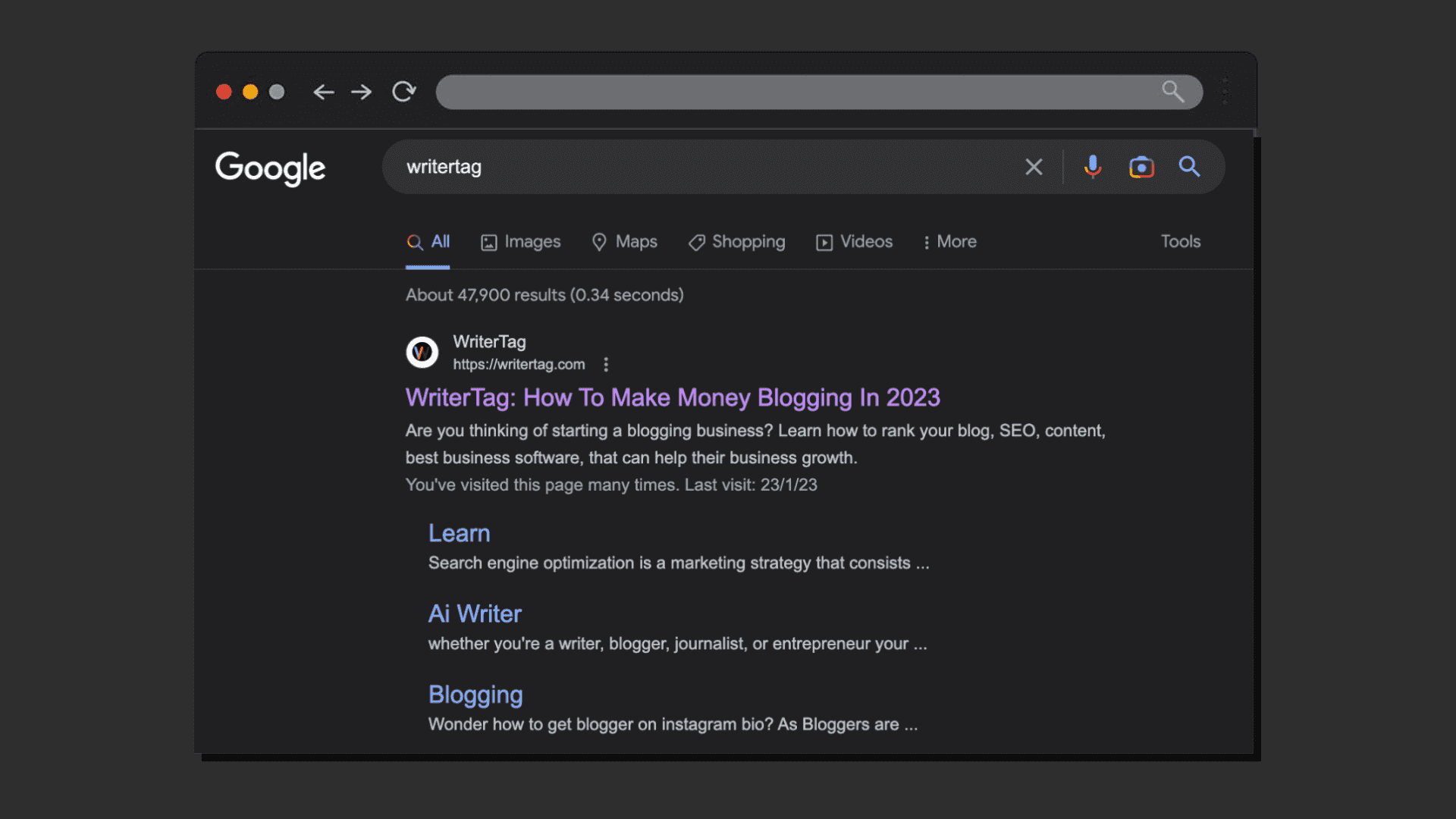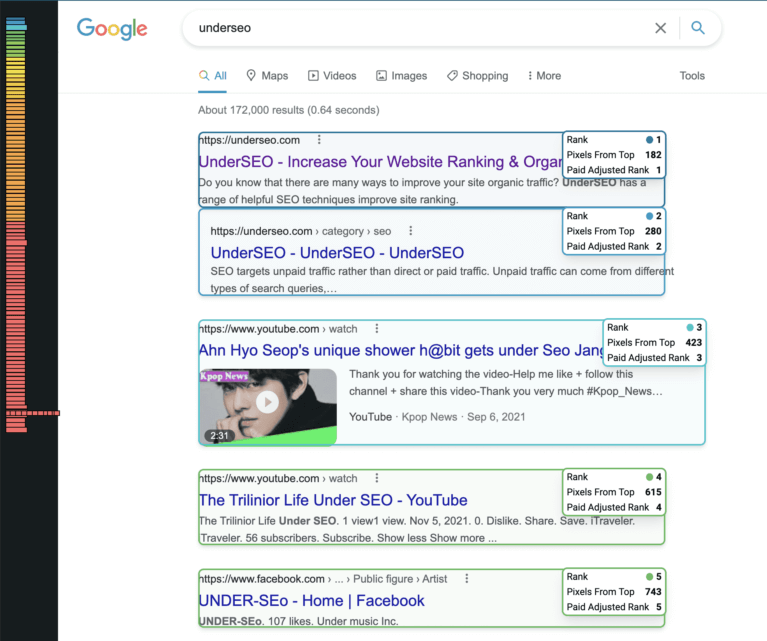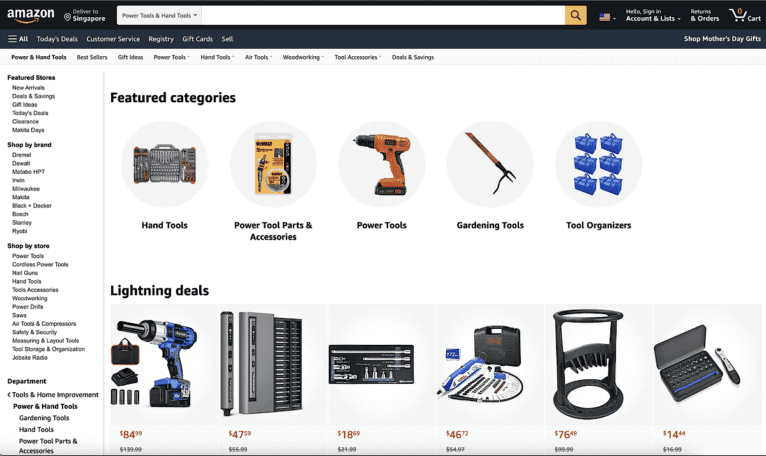In the world of online advertising, Pay-Per-Click (PPC) campaigns have become an increasingly popular way for businesses to reach new customers and drive traffic to their websites.
However, simply launching a PPC campaign is not enough – to truly maximize its effectiveness, advertisers need to be constantly evaluating and adjusting their strategies.
One key tool in this process is the use of Search Engine Results Page (SERP) trackers, which can provide invaluable insights into how your ads are performing and help you make data-driven decisions that will boost your search engine rankings.
In this article, we’ll explore some best practices for using SERP trackers to optimize your PPC campaigns and achieve optimal results.
Understanding the Importance of SERP Trackers in PPC Campaigns
When it comes to running successful PPC campaigns, understanding the importance of SERP trackers cannot be overstated. These tools can help you monitor your performance on search engine results pages and provide valuable data that will allow you to optimize your campaigns. With SERP trackers, you can track your ad positions for key keywords and see which ads are driving traffic to your site. This information can then be used to tweak ad copy or adjust bids to improve campaign performance.
By utilizing SERP trackers, businesses can gain a competitive edge over competitors by monitoring their position on important keywords and tracking competitor activity as well. They also allow businesses to measure the ROI of their paid search campaigns while determining which strategies lead to conversions with greater ease than if done manually. In short, incorporating SERP tracking into a PPC strategy is an essential practice for any business looking to maximize its return on investment (ROI) from online advertising spend – giving them greater insight into customer behavior and an objective way of testing new strategies before fully committing resources towards those initiatives!
Choosing the Right SERP Tracker for Your Business Needs
If you are looking to make the most of your PPC campaigns and improve your search engine rankings, it is important to choose the right SERP tracker for your business needs. The market is flooded with various tools offering a range of features, so it can be difficult to know where to start. Factors to consider include customization options, ease of use, accuracy, and reporting capabilities.
Firstly, consider how customizable the tool is – being able to tailor the interface and reports to suit your specific business needs can save time and increase efficiency when analyzing data. Additionally, ensure that any chosen tracker updates in real-time or at least regularly as this will provide accurate insights into campaign performance over time.
Finally, check out what types of reports are available before making a choice. Having access to clear and concise data helps businesses identify new opportunities or areas where existing strategies could be improved upon.
It’s also essential that data gets reported in an easy-to-read format as this makes analysis much more manageable for PPC teams who may not have extensive technical skills but still need actionable insights from their SERP tracker tooling!
Setting Up Your SERP Tracker: Tips and Best Practices
When it comes to setting up your SERP tracker, there are a few tips and best practices to keep in mind. First and foremost, ensure that you have accurately defined your keyword list. Your tracker can only provide useful data if it is tracking the right keywords, so take the time to research which terms people are using to search for what you offer. Additionally, consider segmenting your keywords by category or intent – this will allow you to analyze trends more effectively.
Once you’ve set up your keyword list, be sure to configure other settings within your SERP tracker. Some solutions allow users to specify a geographic location and device type for their searches; taking advantage of these options can give you a better understanding of how well your ads perform under different conditions. You may also want to track competitor performance alongside your own – seeing where others rank for certain keywords can help inform new strategies and expose opportunities.
Lastly, make sure that you’re regularly reviewing the data provided by your SERP tracker and using it as a basis for informed decision-making in other aspects of your PPC campaign strategy. Identify areas where improvements could be made (e.g., ad copy wording or call-to-action placement), test new ideas against historical data provided by the tool, and adjust accordingly over time.
By investing both times upfront inaccurate setup and ongoing attention towards interpreting insights gleaned from SERP trackers like Google Search Console or Moz Pro’s Rank Tracker tools – business owners can capitalize on one of the most powerful weapons available when making headway online today!
Analyzing Your Data: How to Interpret SERP Tracker Results
Analyzing the results from SERP trackers can be a powerful way to improve your search engine rankings and turn leads into sales. The key to interpreting these results is understanding what they mean and how to use them.
At its most basic level, a SERP tracker measures the position of your website or ad in search engine rankings for specific keywords. This information can help you identify which keywords are driving traffic to your site, where you need to make improvements, and track the performance of competitors.
When analyzing data from SERP trackers it’s important not to get bogged down by irrelevant metrics. While there may be dozens of different parameters measured by these tools, focus on those that directly impact conversions such as click-through rates (CTR), impression share, and landing page bounce rates.
Look for trends over time rather than isolated jumps or drops in ranking positions which could just be an anomaly in the data.
In summary, using a SERP tracker is essential if you want your online advertising campaigns need to stay competitive in today’s market space.
By paying attention to critical metrics like CTRs, landing page bounce rates and impression shares while remaining objective about fluctuations apparent within the data will enable marketers with actionable intelligence needed for better decision-making leading to better marketing ROI for their businesses.
Leveraging SERP Tracker Insights to Optimize Your PPC Campaign
To effectively optimize your PPC campaign, it is imperative to leverage the insights provided by SERP trackers. These tools can aid in identifying trends and patterns pertinent to your target audience’s search behavior and help adjust ad campaigns accordingly.
By constantly analyzing data on click-through rates, location targeting metrics, keyword performance, and ad copy effectiveness from SERP tracker reports, you can identify which strategies are most effective at driving traffic to your website.
Another critical element of maximizing your PPC campaign’s efficacy with SERP trackers is monitoring competitor activity on search engine results pages (SERPs). With this information, modifying bids for specific keywords or making necessary changes to ad groups will be easier based on observable tactics that have historically driven better conversion rates than competitors.
The key takeaway from leveraging these insights is shifting resources into those areas where they produce the best return on investment — ultimately leading to a more successful PPC advertising campaign.
Staying Ahead of the Competition with SERP Tracker Data
Staying ahead of the competition in the fiercely competitive world of online advertising requires a sound strategy and real-time insights into your PPC campaigns’ performance. With SERP trackers, businesses can get access to data that helps them understand how their advertisements are ranking on search engines compared to competitors.
By analyzing this data, advertisers can identify key opportunities to strengthen their ad copies or adjust bids as per keyword performance.SERP tracker data also enables advertisers to make informed decisions regarding targeting strategies across different platforms by providing insights into user intent based on keywords they use when searching for products and services.
This information allows marketers to tailor ads specifically for users at various stages of the buying cycle, improving their chances of conversion with targeted messaging.
Using SERP tracker data is essential for staying ahead in today’s digital marketing landscape where understanding customer behavior has become crucial for success. Investing in these tools will help you stay ahead of the curve by leveraging actionable insights from an ever-increasing amount of data generated by PPC campaigns.
Automating Your PPC Strategy with SERP Tracker Tools
Automating your PPC strategy with SERP tracker tools can have a significant impact on the success of your advertising campaigns. By using these tools, you can monitor and analyze the performance of your ads across different search engines and keywords.
As a result, you’ll be able to identify areas where you need to make improvements or changes to optimize your campaign.
One of the main benefits of leveraging SERP trackers is that they allow for real-time data monitoring. This means that you receive instant feedback on how your campaign is performing, including which keywords are generating the most clicks and conversions, as well as how much traffic each ad is driving to your website.
With this information at hand, it becomes easier to refine strategies by altering budget allocations or adjusting keyword target audiences.
By automating aspects of their PPC campaigns using SERP trackers, businesses can stay ahead of competitors’ similar offerings while luring their rival’s client base away with better conversion results due to diligence insights gleaned from these types of tools.
The combination creates optimal opportunities for bolstering marketing projects and maximizing ROI – ultimately leading-sustained value creation resulting in lasting business growth over time through effective utilization of key digital algorithmic variables implemented within such software solutions while still adhering fine-tuned customer experience flows baked into modern e-commerce best practices critical in today’s online-centric marketplaces globally!





